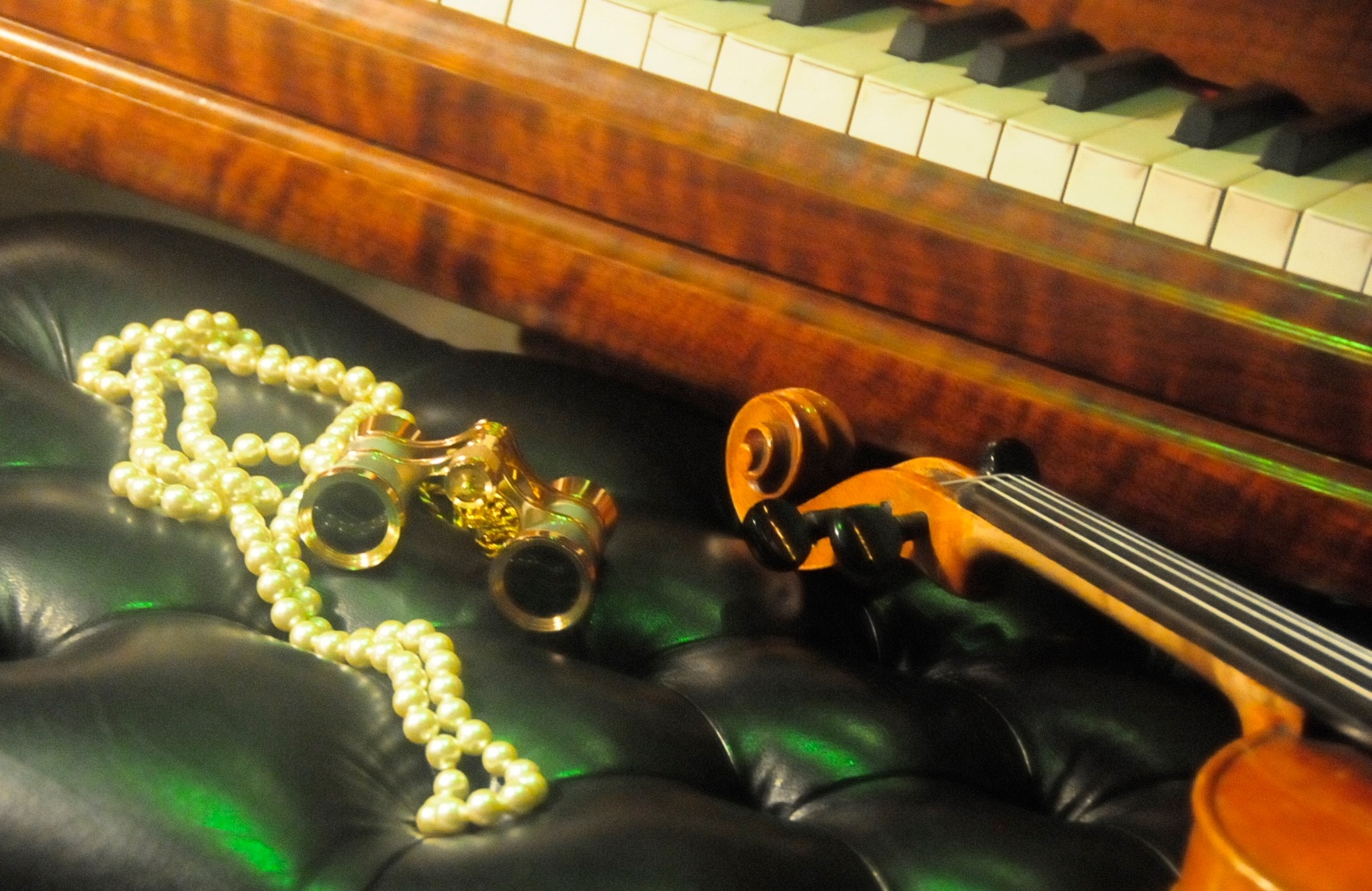
Opera in concert
Date: Friday 26th May 2017
Time: 1pm
Venue: St John the Baptist
Location: Spencer Hill Wimbledon, SW19 4NZ
Artists: Alexandra Weaver - Soprano
Krassimira Jeliazkova - Violin
Elizabeth Mucha - Piano

W.A. MOZART
Concert aria – Chi’o mi scordi di te? Soprano and piano
RICHARD WAGNER/JEFFREY CHING
“Wesendonck“ Sonata for female voice, violin and piano
Original songs by Richard Wagner and poems by Mathilde Wesendonck.
MORITZ MOSZKOWSKI/RICHARD WAGNER
Isolde’s Liebestod for solo piano
MARIO CASTELNUOVO-TEDESCO/GIOACHINO ROSSINI
Concert transcription of “Largo al factotum“ from The Barber of Seville for violin and piano
Soprano Alexandra Weaver, violinist Krassimira Jeliazkova and pianist Elizabeth Mucha come together in a programme of pieces which, although having their roots in opera, have been transformed into exciting and innovative compositions in their own right.
Composed originally in 1786 for the opera “Idomeneo”, Mozart’s concert aria, “Chi’o mi scordi di te?” is the only work in this programme to be reworked by the composer himself. Idomeneo’s son, Idamante sings of his undying love for Ilia, “ You ask that I forget you? Fear nothing, my beloved, my heart will always be yours”. Mozart arranged this as a concert aria for one of his favourite sopranos, Nancy Storace. With Mozart at the piano, she performed it at a concert in 1787 when she took her leave of Vienna.
Infatuated by the wife of his wealthy patron, Otto Wesendonck, Richard Wagner set 5 poems by Mathilde Wesendonck to music in 1857, creating his only song cycle. Two of the songs served as studies for the opera “Tristan and Isolde” which he was working on at that time. The roots of the love duet from Act 2 can be clearly heard in “Träume” whilst “Im Treibhaus” opens with a motif which he later used in the prelude to Act 3.
In keeping with a long tradition of orchestrating and arranging the Wesendonck songs, originating with Wagner himself,contemporary composer Jeffrey Ching has picked up the baton and added a rich violin obbligato to the original songs. The violin comments, colours and gives an instrumental weight to the songs meriting the now heftier title of ‘Sonata’ which Ching has assigned the work.
Although little known today, the German-Jewish composer, Moritz Moszkowski was much admired and respected during the late nineteenth century as a composer, pianist and teacher. Of all the pieces in the programme today, his piano transcription of the “Liebestod” from Wagner’s opera “Tristan and Isolde” follows the original most faithfully. This aria is considered to be Isolde’s crowning moment as she sings of her love for her now dead lover, Tristan, before, in typical operatic style, dying herself
At the other end of the scale, Italian composer Mario Castelnuovo-Tedesco’s adaptation of the aria, “Largo al factotum” from Rossini’s opera “The Barber of Seville” for violin and piano revels in a whimsical reinvention of the music. It was composed for the great violin master, Jascha Heifetz and, not surprisingly, makes great technical demands on both violinist and pianist.
